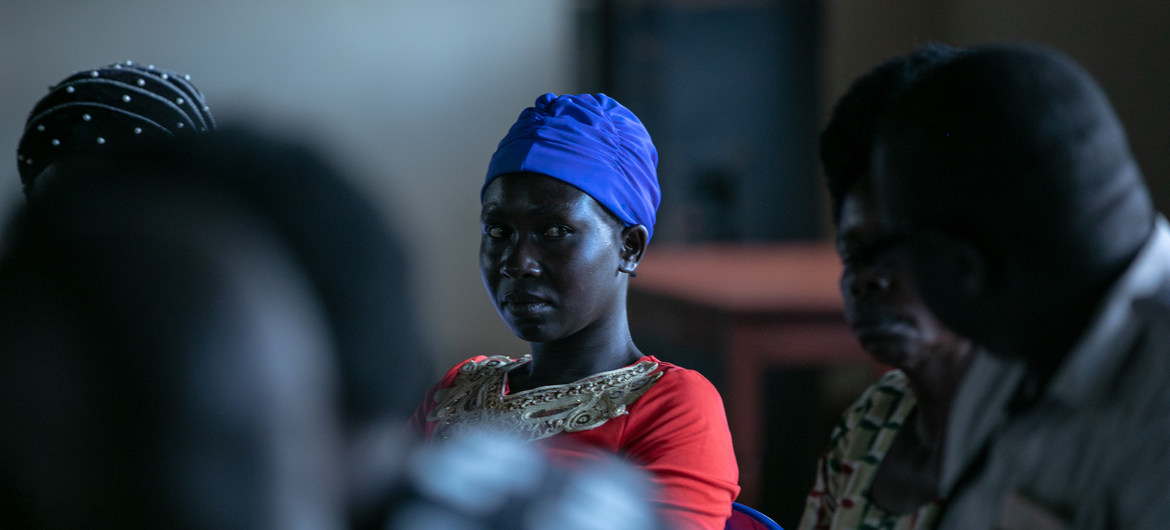In a new report, the World Health Organization (WHO), UN Population Fund (UNFPA), Department of Economic and Social Affairs (DESA), and the UN human rights office (OHCHR), warned that key institutions – health, social and legal systems – are impacted by ageism.
‘Ageist attitudes’
It is estimated that every second person in the world holds “moderately or highly ageist attitudes”.
“Ageism harms everyone – old and young. But often, it is so widespread and accepted – in our attitudes and in policies, laws and institutions – that we do not even recognize its detrimental effect on our dignity”, Michelle Bachelet, UN High Commissioner for Human Rights, said.
In many workplaces, both older and younger adults are often disadvantaged. For older people, access to specialized training and education declining significantly with age, while ageism against younger people, manifests in areas such as health, housing and politics where their voices are often denied or dismissed.
Ms. Bachelet urged efforts to “fight ageism head-on, as a deep-rooted human rights violation”
COVID-19 exposes ageism
According to the report, the response to the COVID-19 pandemic has unveiled just how widespread ageism is: older and younger people have been stereotyped in public discourse and on social media. Age is often used as the sole criterion for access to medical care, lifesaving therapies and for physical isolation.
Tedros Adhanom Ghebreyesus, WHO Director-General, underlined the need to root out such stereotypes and discrimination as the world emerges from the crisis.
“As countries seek to recover and rebuild from the pandemic, we cannot let age-based stereotypes, prejudice and discrimination limit opportunities to secure the health, well-being and dignity of people everywhere”, Dr. Tedros said.
Natalia Kanem, UNFPA Executive Director, outlined the “overlapping discrimination” that older people face due to factors such as poverty, gender, living with disabilities or belonging to minority groups.
“Let us make this crisis a turning point in the way we see, treat and respond to older people, so that together we can build the world of health, well-being and dignity for all ages that we all want”, she urged.
Costing societies billions
Aside from the impact on health and wellbeing ageism also costs billions of dollars to economies globally.
According to the report, a 2020 study in the United States of America showed that ageism in the form of negative age stereotypes and self-perceptions led to excess annual costs of US$63 billion for the eight most expensive health conditions, for those over the age of 60 for one year.
Similarly, in Australia, estimates suggest that if 5 per cent more people aged 55 or older were employed, there would be a positive impact of AUD$48 billion on the national economy annually.
The report also noted that data on the economic costs of ageism is limited, and underscored need for more research to better understand its economic impact, particularly in low- and middle-income countries.
Combatting ageism
To combat ageism, the report highlighted the need for policies and laws that address ageism, educational activities that enhance empathy and dispel misconceptions, and inter-generational activities that reduce prejudice all help decrease ageism.
“All countries and stakeholders are encouraged to use evidence-based strategies, improve data collection and research and work together to build a movement to change how we think, feel and act towards age and ageing, and to advance progress on the UN Decade of Healthy Ageing”, the agencies urged.
